|
TOPIK and EPS-TOPIK are two standardized tests of Korean language proficiency used in South Korea. Both tests are designed to assess the language skills of non-native speakers of Korean, but there are some key differences between the two. TOPIK(Test of Proficiency in Korean)TOPIK (Test of Proficiency in Korean) is a general Korean language proficiency test that assesses a candidate's ability to understand, read, write and speak the language. It is used by universities, colleges and companies in South Korea to evaluate the Korean language proficiency of foreign students and workers. The test is offered four times a year and has six levels, ranging from beginner to advanced. TOPIK consists of six levels, ranging from beginner to advanced, as follows: Level 1 : Scored 80 out of 200 for TOPIK I This level is designed for those who have limited knowledge of Korean, with a focus on basic grammar, vocabulary, and sentence structure. Test-takers will be able to understand and use simple expressions related to daily life and perform simple tasks such as ordering food or asking directions. Level 2 : Scored 140 out of 200 for TOPIK I At this level, test-takers should have a basic understanding of Korean grammar and vocabulary, and be able to engage in simple conversations about everyday topics. They should be able to express themselves in writing using simple sentences and vocabulary. Level 3 : Scored 120 out of 300 for TOPIK II At this level, test-takers should have an intermediate understanding of Korean grammar and vocabulary, and be able to engage in conversations about a variety of topics with ease. They should be able to understand written passages and express themselves in writing using a wider range of vocabulary and grammar. Level 4 : Scored 150 out of 300 for TOPIK II This level is for those with an advanced understanding of Korean grammar and vocabulary. Test-takers should be able to communicate in Korean fluently and understand complex written passages with ease. They should be able to express themselves in writing using a variety of styles and structures. Level 5 : Scored 190 out of 300 for TOPIK II This level is for those who have a near-native level of proficiency in Korean. Test-takers should be able to communicate in Korean effortlessly and understand complex written passages with ease. They should be able to express themselves in writing using a wide range of vocabulary, grammar and structures. Level 6 : Scored 230 out of 300 for TOPIK II This is the highest level of the TOPIK test and is designed for those who have a native-level proficiency in Korean. Test-takers should be able to communicate in Korean fluently and effortlessly, and understand written passages of a highly advanced level with ease. They should be able to express themselves in writing using a variety of styles, structures and expressions. EPS-TOPIK(Employment Permit System-Test of Proficiency in Korean)EPS-TOPIK (Employment Permit System - Test of Proficiency in Korean) is a Korean language proficiency test specifically designed for foreign workers who wish to work in South Korea. The test focuses on practical, everyday language skills and assesses a candidate's ability to communicate in a workplace setting. The EPS(Employment Permit System) refers to a system designed to legally employ foreign workers. In English, it is called the Employment Permit System, or EPS for short. EPS-TOPIK, which is aimed at communication in the labor field, is not as difficult as other Korean language proficiency tests. Until 2013, problem banks had been disclosed in advance and questions were presented here, but most of the tests are currently conducted in a closed-door manner by gradually increasing the ratio of closed-door questions to increase the discrimination of test questions and select workers with excellent Korean skills. The EPS-TOPIK test time is 25 minutes for listening and 25 minutes for reading, a total of 50 minutes. The evaluation content is largely divided into three categories. It is the basic communication skills necessary for Korea's daily life, the ability to speak Korean at industrial sites, and understanding of Korean corporate culture. EPS-TOPIK evaluation method is a relative evaluation, and the successful candidates are determined in the order of grades by the number of selected (scheduled) as the scorers above the lowest score for each industry below. - Scored 110 out of 200 in the manufacturing industry - Scored 80 points out of 200 points for construction, agriculture, and fisheries - Scored 60 points out of 200 points for special fishing practices ConclusionIn conclusion, both TOPIK and EPS-TOPIK are used to evaluate the Korean language proficiency of non-native speakers, but the former is a general proficiency test for university admission, job placement and immigration purposes, while the latter is specifically designed for foreign workers. The content and format of the two tests differ, with the TOPIK being more comprehensive and the EPS-TOPIK being more focused on practical language skills.
0 Comments
Do you need a funding from South Korean accelerators or contact them for some reasons? The meaning of startup accelerator means that it helps startup as fast as like stepping on a car accel. If you are looking for Korean accelerators, these top 10 Korean accelerators are you should firstly consider. South Korea is one of the leading nations in IT industry, so there are numerous startups and accelerators and related programs. An accelerator program is a mentorship-driven program that helps startups grow and develop their business. The following is a list of the top 10 accelerators of South Korea. 1. Primer(Funding Size : Thousands~Millions of dollars)It is no exaggeration to say that Primer is the most famous and authoritative place in Korea. It has good portfolios and is also sweeping the championship in various competitions. It is no exaggeration to say that companies applying for accelerator programs consider this accelerator first. 2. SparkLabs(Funding Size : Thousands~Millions of dollars)SparkLabs, along with Primer, is one of the two major leading accelerators in the Korean accelerator indurstry. SparkLabs is a global accelerator company that provides mentorship, office space, and investment opportunities to startups. This program has a strong network of mentors, investors, and entrepreneurs who can provide valuable guidance and support to participating startups. SparkLabs focuses on early-stage startups in various industries, including fintech, AI, healthcare and more. 3. Bluepoint Partners(Funding Size : Millions of dollars) BluePoint Partners have been making the most aggressive moves recently. Bluepoint Partners is an accelerator program that invests in deep-tech based start-ups. It will be the first Korean accelerator to be listed on the stock market in March 2023. Until last year, it invested in 276 startups and was recently selected as an initial investment fund operator. So it feels like a venture capital than an accelerator nowadays. 4. Mashup Angels(Funding Size : Millions of dollars)Mashup Angels is an accelerator that has been showing a scary presence for the past 3~4 years. For reference, start-ups with a Minimum Viable Product (MVP) are preferred in the very early stages. The size of the investment requires around 10% of the company's stake, and the amount of investment is large. Mashup Angels is expected that its influence will continue to increase in the future due to its good image and good compositional manpower. 5. FuturePlay(Funding Size : Millions of dollars)FuturePlay is an accelerator that focuses on start-ups in the AI, blockchain and IoT industries. The program provides mentorship, offline space, and networkings to help start-ups grow their businesses. Recently, Chatbot startup 플러티.ai, one of the FuturePlay's investment portfolios, has made good results, such as being acquired by Samsung Electronics. 6. Bigbang Angels(Funding Size : Millions of dollars)BigBang Angels is an angel club involving several rich individual investors, including CEO Hwang Byung-sun. Investing in Lezhin Comics in 2013 achieved good investment results, signaling its presence in the industry. Since then, it has grown rapidly by investing in dozens of teams based on several individual investment associations. However, there has been no active movement or noticeable news recently. 7. 500 Global(Funding Size : Thousands~Millions of dollars) 500 Global is an global accelerator and early investor founded in San Francisco, United States. It is also active in Korea. It fosters and supports start-ups in stages such as seed programs, pre-series A, Series A and etc. As it has a global network, it is highly likely to receive international and in-depth help. 8. Mark & Company(Funding Size : Thousands~Millions of dollars)Mark & Company is an accelerator created independently by Dreamplus members run by Hanwha Group. It recently formed a venture fund and is investing in early-stage companies at the same time, and is striving to build a startup ecosystem by creating a startup data base service called 혁신의숲. 9. Schmidt(Funding Size : Millions of dollars) Schmidt is a subsidiary of DSC Investment, a one of the leading Korean venture capitals, and is an accelerator in charge of initial startup investment and fostering. Although they advocate accelerators, their activities are actively engaged in investment rather than fostering startups. There is a possibility that it will be transformed into a micro venture capital in the future. 10. DHP(Funding Size : Thousands~Millions of dollars)DHP is an accelerator that specializes in bio and digital healthcare. It supports medical and clinical expertise as well as resources necessary for startups such as law, management, accounting, and business models. The explosive growth of the bio and healthcare industries has drawn more attention. Its competitiveness is that it has experts and mentors in each field.
These top 10 accelerators of Korea offer startups the opportunity to receive mentorship, investment, and resources to help them grow and develop their businesses. Whether a startup is focused on AI, gaming, healthcare, or technology, there is an accelerator program in Korea that can help them succeed. As the craze for learning Korean has blown due to the Korean Wave, the number of young age students studying Korean language abroad is steadily increasing year by year, and they are self-study through online lectures and K-dramas. In addition, the number of adult learners learning Korean at Korean language institutes is increasing, and naturally, the number of applicants for TOPIK (Test of Proficiency in Korean) is also increasing. IntroductionThe TOPIK (Test of Proficiency in Korean) is a widely recognized standardized test of Korean language proficiency for non-native speakers. This test is recognized by universities, employers, and government agencies in South Korea, providing a tangible measure of language proficiency for non-native speakers to demonstrate their language ability. The test is held several times a year in South Korea and other countries, and the test results are valid for 2 years. Opportunities for AdvancementA high score on the TOPIK can open doors for study, work, and other opportunities in South Korea. Employers may prefer applicants with a TOPIK certification for jobs requiring knowledge of the Korean language. Universities may use TOPIK scores as a factor in admissions decisions for international students. In recent years, there has been an increase in the number of international students in South Korea, and many of them take the TOPIK to demonstrate their proficiency in the language. The TOPIK score is also a requirement for obtaining certain types of visa, such as the F-series visa for foreign workers, or the D-8 visa for international couples. The test is divided in two levels, TOPIK I and TOPIK II, each one of them has different sections and different level of difficulty. TOPIK I is meant for the beginner and intermediate level students and TOPIK II for advanced level students. Cultural UnderstandingTaking the TOPIK can deepen understanding of Korean culture and society. Preparing for the exam can expose students to a variety of aspects of Korean culture and society, such as literature, history, and current events. The test also includes questions on social issues and current events in South Korea, which can help test-takers gain a better understanding of the country and itsculture. Understanding the language and culture can also improve communication and relationships with Korean colleagues, friends, and family members. Improved Language SkillsPreparing for the TOPIK can help students improve their overall language skills. The exam covers a wide range of Korean language skills, including listening, reading, writing, and speaking. The test format also simulates real-life situations, such as ordering food at a restaurant or making a phone call, which can help students become more confident in using the language in everyday situations. Additionally, studying for the exam can also improve vocabulary, grammar, and sentence structure. BenefitsIt's important to note that while the TOPIK offers many benefits, it also has no drawbacks. Only one problem is the cost of the test. The test fee varies depending on the location, but it can be a bit expensive for some individuals. Additionally, the test can be quite challenging, especially for individuals who are not fluent in Korean language. It can be a source of stress and anxiety for those who are not well-prepared. Furthermore, it's important to note that passing the test does not guarantee fluency in the language, it only demonstrate proficiency in it. ConclusionThe TOPIK offers many benefits for non-native speakers of Korean, including opportunities for advancement, cultural understanding, and improved language skills.
As the number of test-takers continues to grow and the demand for Korean language proficiency increases, the TOPIK will become an even more valuable asset for non-native speakers looking to study, work, or live in South Korea including Seoul. However, it's important to weigh the costs and potential challenges of taking the test before deciding to do so. It's also important to consider the real needs and goals of the test taker, and how passing the test will help them achieve them. you can find more information in official site. https://www.topik.go.kr With the revised Korean Specific Financial Information Act (SFIA) that regulates virtual asset providers in effect on the March 25th, exchanges that have not yet issued real-name confirmation deposit and withdrawal accounts from banks have started to prevent customer churn.
The so-called 'Kimchi Premium (KIMP)' phenomenon in which the price of domestic virtual assets is higher than that of overseas is rising again. Until the beginning of this year, the 'Reverse Premium' of which foreign transaction prices were higher than the domestic price continued, but the recent enthusiasm for investing in domestic virtual assets is heating up and there are signs that Kimchi Premium is intensifying.
|
AuthorDongWon KWAK. Korea Venture Capital and Startup Expert. Archives
January 2023
Categories
All
|

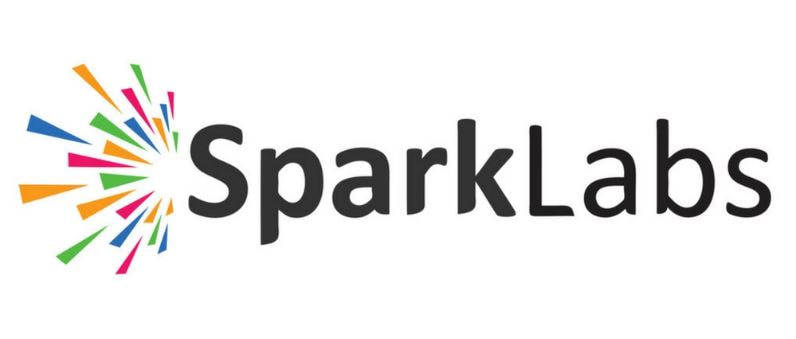
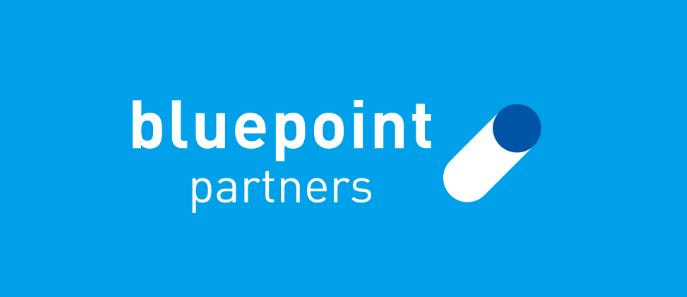
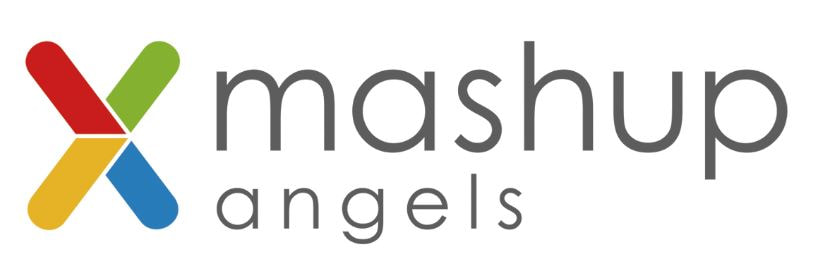

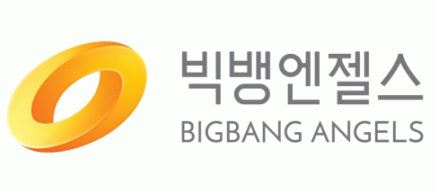
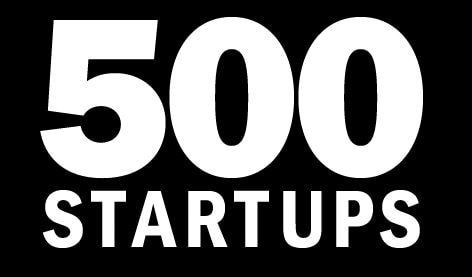
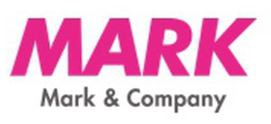
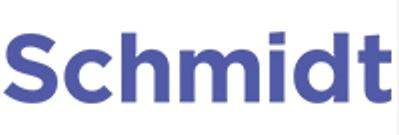
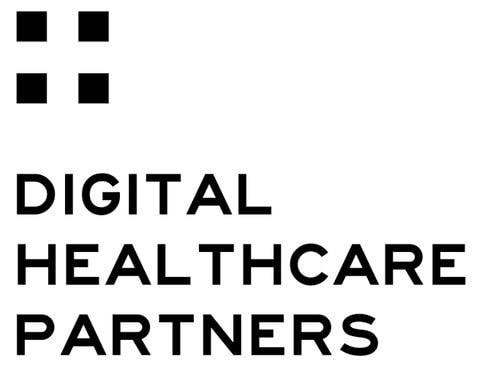
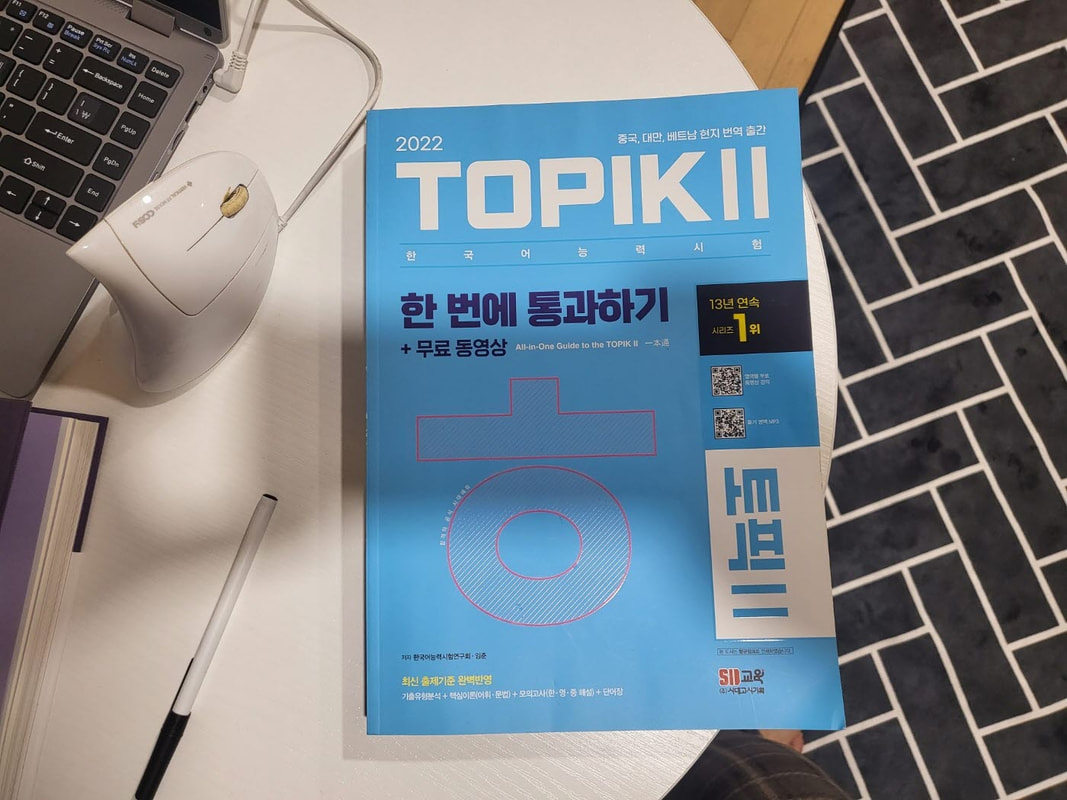
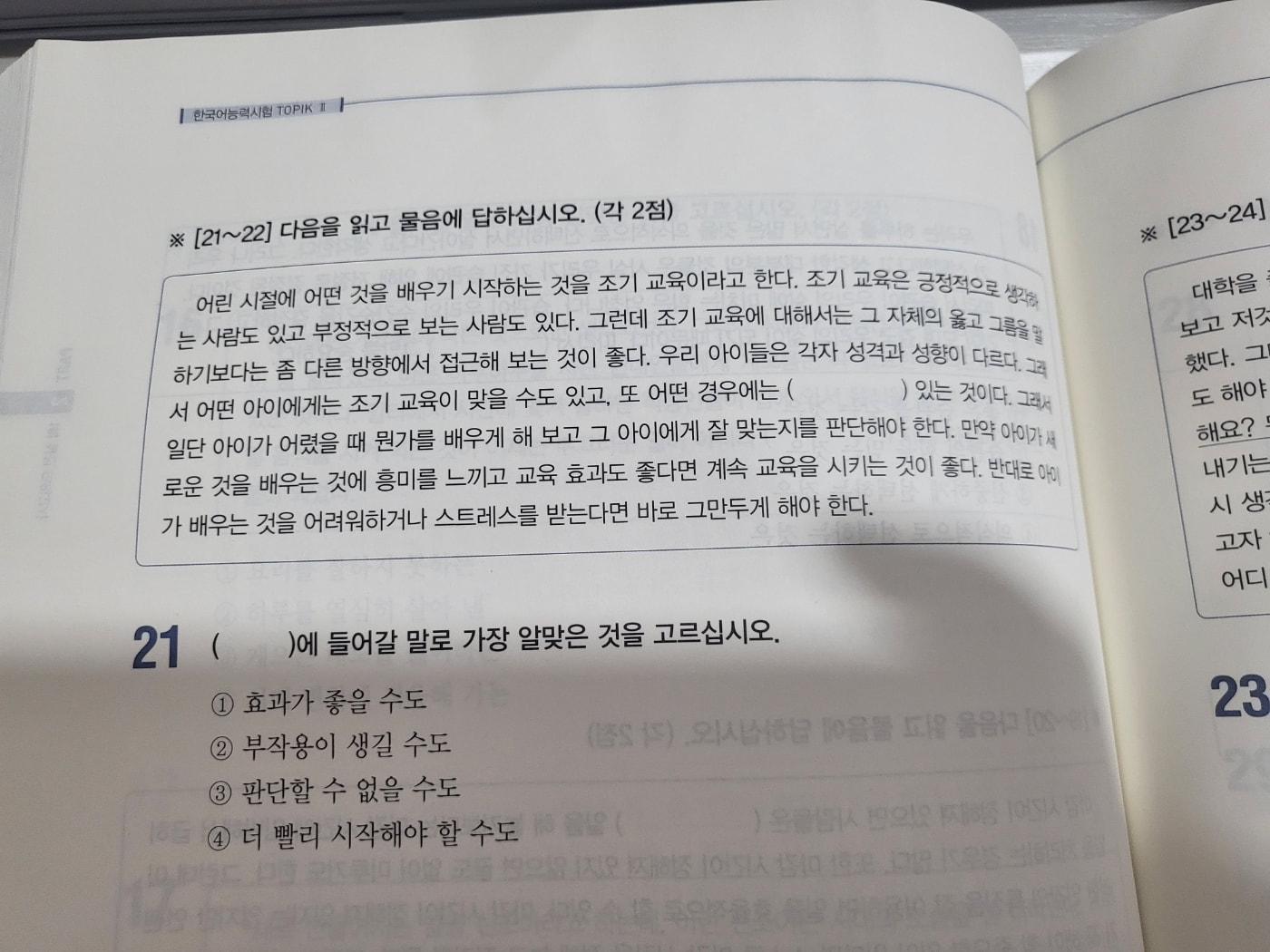
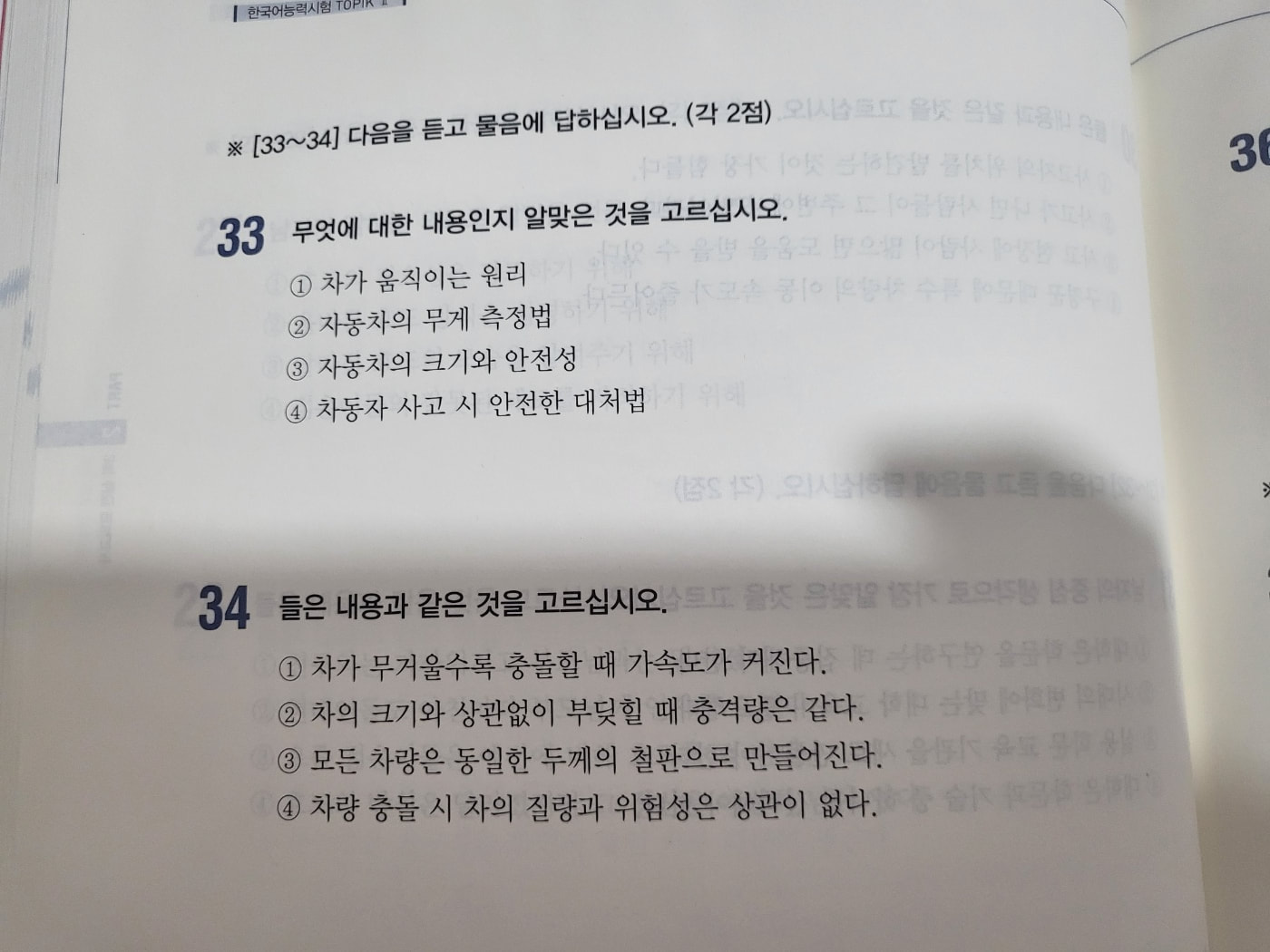
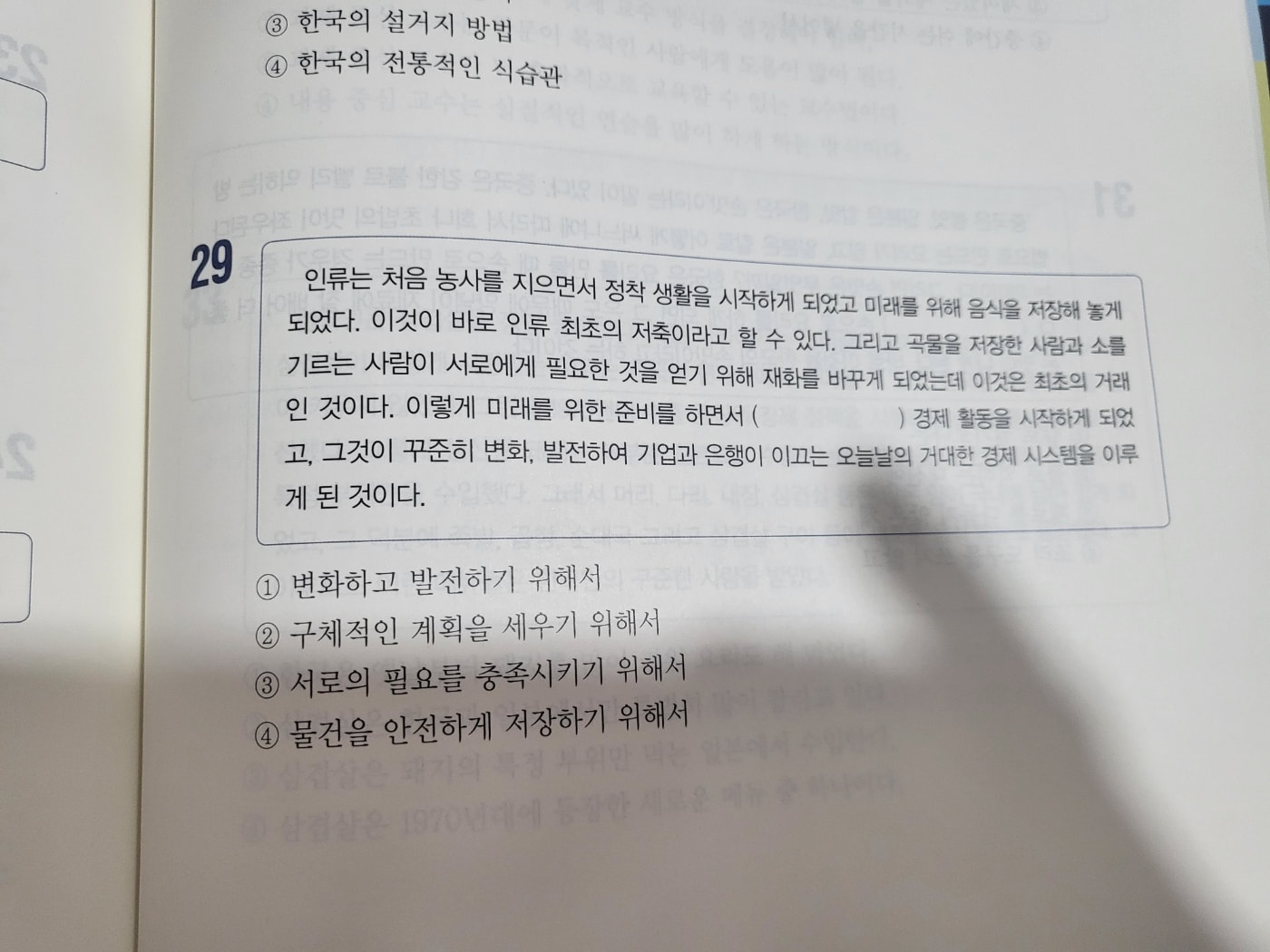

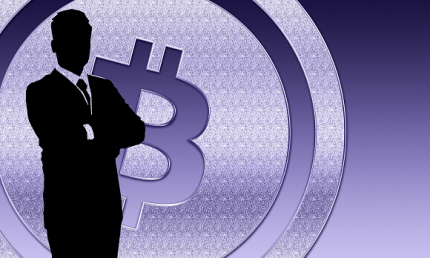
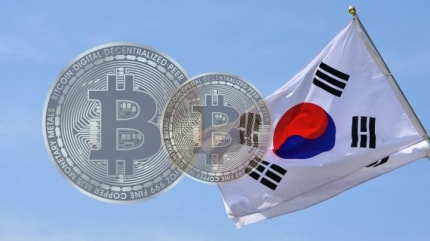
 RSS Feed
RSS Feed

